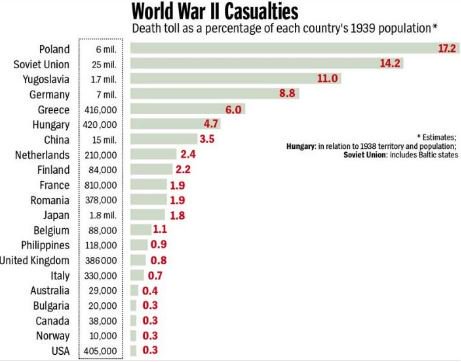After WWII, countries in Europe were deluged with art inspired by the monstrosities of the conflict. Despite a relatively small population, Poland was presented with one of the highest casualty lists, the highest as a percentage of the total population of the nations. No wonder that the resulting impression on Polish art, particularly filmmaking, was immense. I still remember most of these movies for all the gory and heroics expressed by our brave young men, women and children. Many of the best in the entire generation were lost.

But there were also funny moments which stay with you forever.
In the movie Barwy walki, which loosely translates to Colors of War, Wojciech Siemion plays a partisan in a group fighting Germans. He comes from the deep country and it shows. Good-natured and a simple young man, he is speaking the language fitting his social position. He doesn’t have shoes and most of the time he is looking for a pair which can fit him. His nickname is ‘Elegant’ which fortunately sounds the same in both languages. Finally, after the battle with the occupiers, he finds a pair taken, probably from the fallen German soldier. But by that time, in a sick twist of fate, he is wounded in his knee and one of his legs most likely needs to be amputated. He just doesn’t know it yet.
Their fighting and hiding time was spent mostly in the woods, and so food was quite monotonous. They either cook for themselves or being fed by local farmers. And bigos, the Polish hunter’s stew, was one of the most frequent foods. Bigos is a very appealing dish but, understandably, after several months you can get sick of it. In one of the scenes, Elegant, well before finding his dream pair of shoes, smells bigos being cooked in the reach of his nose. He turns to his companion with this funny look on his face.
“Do you know what I will do after the war is over?”
“What?”
“I am going to buy the biggest pot fitting on my stove. Then I’ll get a plenty of cabbage, all the mushrooms and meat I can fit into it. Put some onions, salt and pepper and cook it for a day or so. Then I will sniff it in disgust and then,” he stopped and looked his friend in the eyes again, “throw this entire pot through the window. I can’t stand it anymore.” They were eating bigos every day. He also used the obscenity, which I am unable to translate, since in that department the Polish language is more colorful.
Bigos is one of the Polish signature dishes. The best known of the trinity of Polish poets, Adam Mickiewicz, found place for description of cooking and the joy of eating bigos in his masterpiece Pan Tadeusz. The description was so good, one can use it almost a cooking recipe and the image of revelers stays with you for the rest of your life.
Pan Tadeusz is an ode to the Polish-Lithuanian fatherland’s tranquil country life, brutally interrupted by the Russian invasion. At the time of writing, the country was already partitioned between Germany, Austria and Russia, and Mickiewicz was in exile in France. The poem is the zenith of his achievements and is written in a more complicated version of iambic hexameter. This form of poetic metrical form was used only rarely in some of the best German and French poetry, at, and originated in the 12th century in a set of works about Alexander the Great. Impossible to translate, its beauty I can only fully appreciate now, particularly after being away from the country of my birth for a long time, as Mickiewicz was at the time of his writing. Made of white cabbage, sauerkraut (kapusta kiszona), best cuts of meat, sausages and mushrooms, people believe one can put virtually anything in it. Then you add a half of a bottle of red wine. You cook it for a day or so and lasts for almost a week. Before it runs out, you keep replenishing all the ingredients, so it lasts longer. Thus you create a perpetual stew. And bigos gets better with time.
When visiting Warsaw last October, the very best bigos we had was served in the Old Town restaurant Kamienne Schodki. It came in a carved out loaf of bread. Unforgettable.
We also had bigos served at our wedding. It was one of Polish elementary customs plugged-in to our ceremony.
Writing this, I can smell bigos in our kitchen. Bonnie is cooking. We will have enough of this culinary treat for a week or so. Unless we can’t control our appetite.


